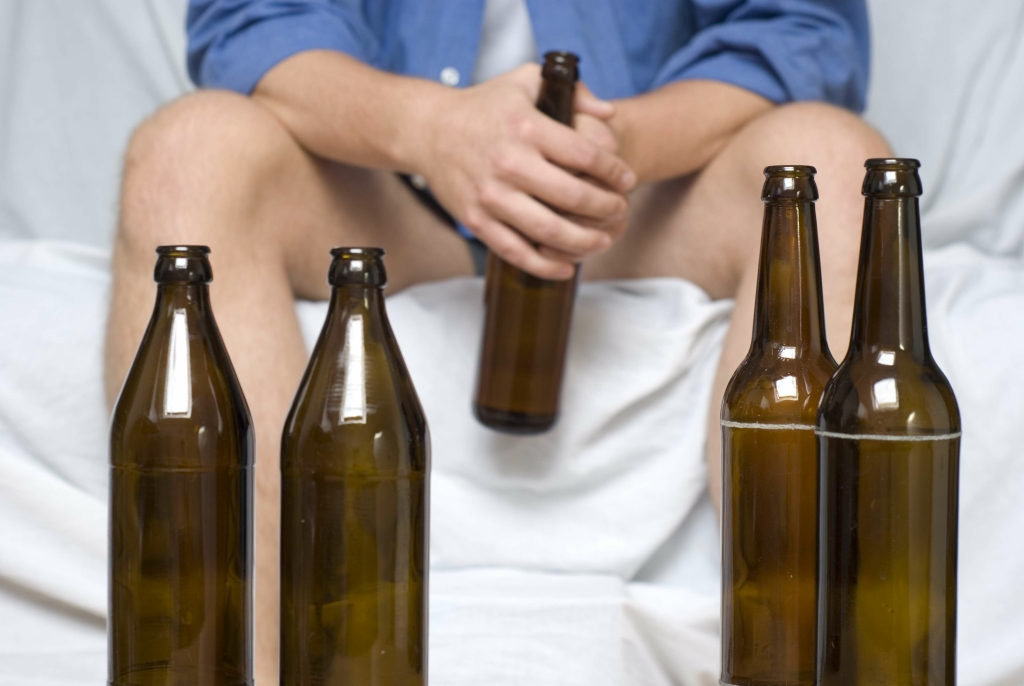The Dopamine System in Mediating Alcohol Effects in Humans SpringerLink
Dopamine is a neuromodulator that is used by neurons in several brain regions involved in motivation and reinforcement, most importantly the nucleus accumbens (NAc). Dopamine alters the sensitivity of its target neurons to other neurotransmitters, particularly glutamate. In addition, dopamine can affect the neurotransmitter release by the target neurons. Dopamine-containing neurons in the NAc are activated by motivational stimuli, which encourage a person to perform or repeat a behavior. This dopamine release may contribute to the rewarding effects of alcohol and may thereby play a role in promoting alcohol consumption. In contrast to other stimuli, alcohol-related stimuli maintain their motivational significance even after repeated alcohol administration, which may contribute to the craving for alcohol observed in alcoholics.
- However, though MRI research will be important in advancing our understanding of the impact of alcohol on the brain we cannot infer harm solely from alterations to brain structure.
- Long-term heavy drinking causes alterations in the neurons, such as reductions in their size.
- The motivation of behavior based on avoidance of discomfort is called negative reinforcement.
Investigating Alcohol’s Effects on Memory

GABA (gamma-aminobutyric acid) is an inhibitory neurotransmitter that normally keeps dopamine release in check. When alcohol inhibits these GABA neurons, it effectively takes the brakes off dopamine-producing neurons, leading to increased dopamine release. Sipping that cocktail might feel like pure bliss, but your brain’s dopamine dance tells http://kitaphane.ru/Events/2011/09/2438.aspx a far more complex tale. The relationship between alcohol and dopamine, a crucial neurotransmitter in our brain’s reward system, is intricate and multifaceted.
For more information about alcohol and brain health, please visit the Alcohol and the Brain topic page.

For those concerned about their alcohol use or its effects on brain health, numerous resources are available. These include healthcare providers, addiction specialists, support groups like Alcoholics Anonymous, and online resources provided by organizations such as the National Institute on Alcohol Abuse and Alcoholism (NIAAA). Alcohol may seem like an easy solution to our blues, but we must remember that this mood-boosting effect is short-lived. The resulting drop in dopamine levels after we sober up can lead to feelings of anxiety and depression, creating a problematic cycle that only intensifies with time.
Synaptic targets: Chronic alcohol actions
However, though MRI research will be important in advancing our understanding of the impact of alcohol on the brain we cannot infer harm solely from alterations to brain structure. Indeed, in rodent models, alcohol abstinence or withdrawal periods are often followed by enhanced rebound alcohol https://stalkeruz.com/soft/alcohol-120-dlya-windows-7.html drinking, the alcohol deprivation effect 66. This alcohol deprivation effect has also been observed in cynomolgus macaques 8.
- Long-term alcohol intake also induces changes in many neurotransmitter systems that ultimately lead to the development of craving and alcohol-seeking behavior.
- Krystal J et al., The vulnerability to alcohol and substance abuse in individuals diagnosed with schizophrenia.
- However, when it comes to dopamine levels and addictive substances, alcohol behaves somewhat differently than other substances or pharmaceuticals.
- However, the findings discussed here also highlight the variability of individual differences in the presence and magnitude of such neurocognitive deficits which may be driven by exposure, trait factors or abstinence.
- (VTA), dopaminergic projections extend through the striatum and prefrontal regions of the brain.
- Dopamine is involved in various cognitive functions, including motivation, attention, and motor control.
Prosapip1-dependent synaptic adaptations in the nucleus accumbens drive alcohol intake, seeking, and reward

It primarily acts as a depressant on the central nervous system, but its initial https://www.newsfactory.kz/bul_12216.html effects can be stimulating due to its impact on dopamine and other neurotransmitters. Dopamine, often referred to as the “feel-good” neurotransmitter, plays a vital role in our brain’s functioning. When we engage in activities that our brain perceives as rewarding, such as eating delicious food, having sex, or experiencing the initial effects of alcohol, dopamine is released, creating feelings of pleasure and reinforcing the behavior. Only recently have radiotracers specific for characterizing excitatory glutamate receptors been developed. Early findings indicate impaired mGluR5 signaling to be involved in compulsive alcohol consumption 151.
Alcohol and the Brain: An Overview

In addition, those individuals may be predisposed to drink more heavily and develop an alcohol addiction. Dopamine also activates memory circuits in other parts of the brain that remember this pleasant experience and leave you thirsting for more. But over time, alcohol can cause dopamine levels to plummet, leaving you feeling miserable and desiring more alcohol to feel better. Strength of evidence to show direction of effects on receptor radioligand binding in human PET imaging studies in alcohol dependence.
